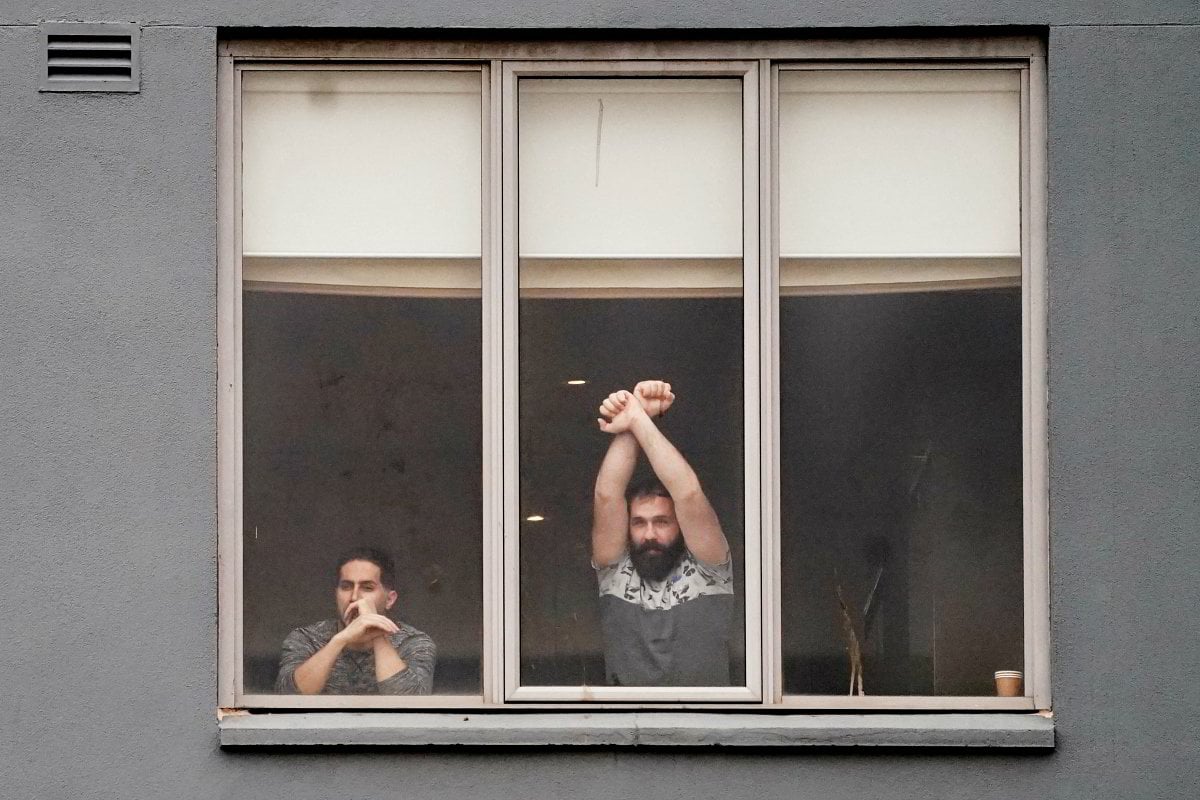
There are currently 1458 people being held in Australia's immigration detention facilities.
Many of these people are asylum seekers, people who have broken no law, yet find themselves indefinitely detained in prison-like conditions in the country they hoped would offer them safety and sanctuary.
The average time spent there? 553 days.
This week, these people could have their lifeline to the outside world — their mobile phones — stripped from them, as federal parliament debates a controversial change to the law.
Watch: Hani found solace through poetry while detained on Christmas Island.
The proposed amendments to the Migration Act would allow Home Affairs Minister Peter Dutton to prohibit people in immigration detention from possessing certain items, including sim cards, mobile phones and other internet-capable devices.
It would also grant detention staff new powers to search detainees without a warrant and would allow strip searches and detector dogs within the centres.

Top Comments